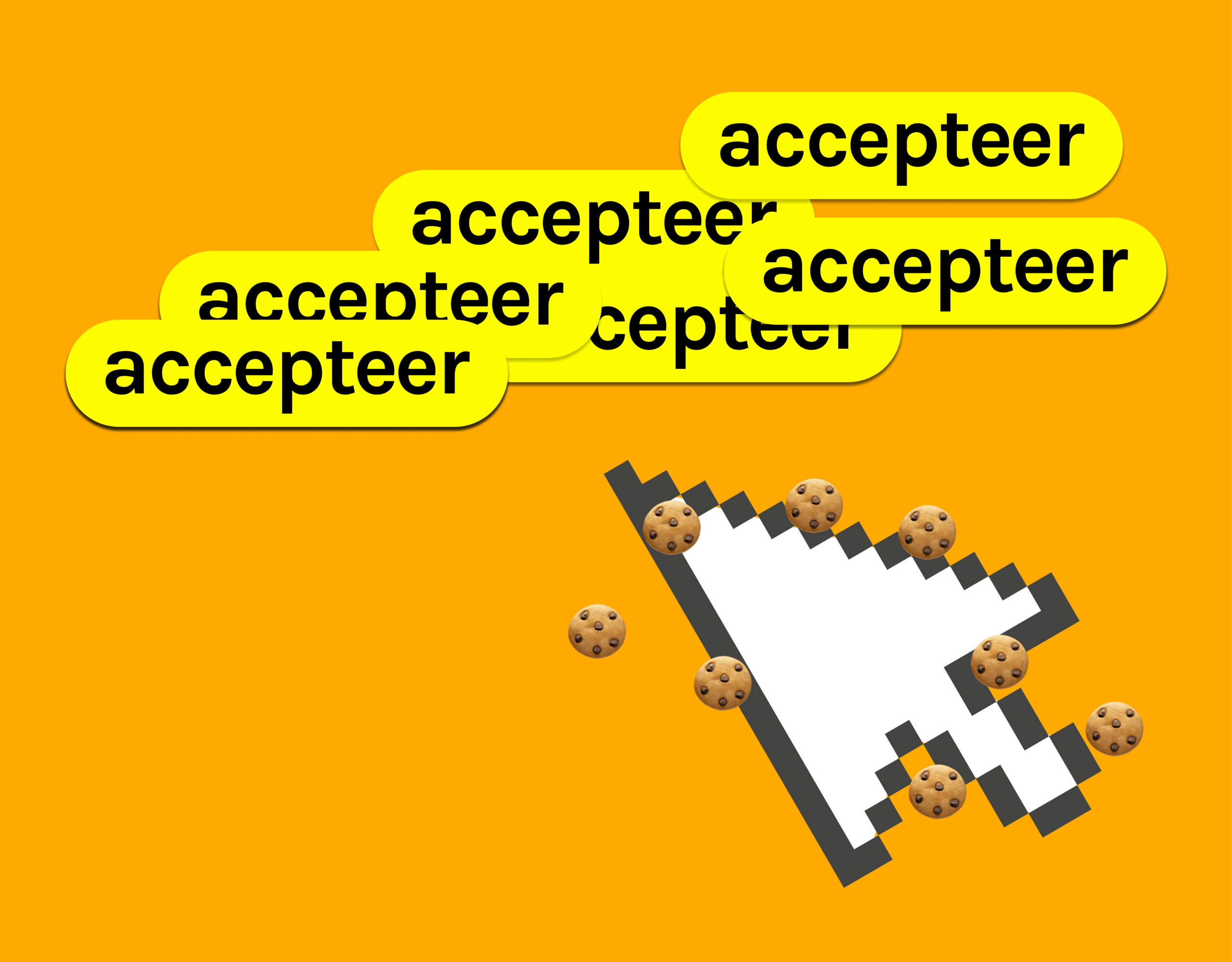From time to time, important news gets overshadowed by other headlines, even though it could have a profound impact on our (online) world. To most of us, few things are more bothersome than the dreaded cookie banners. On countless websites, you’re confronted with a pesky pop-up urging you to agree to something. You end up consenting without really knowing what it is. If you try to figure out what’s going on, you quickly get lost among the often hundreds of “partners” who want access to your personal data. Even if you do give your consent, it’s questionable whether you truly understand what you’re agreeing to.



Thanks to dumbass EU laws fussing over nonproblems like (check notes) targeted advertising. Really? I voluntarily give out information to an ad-supported service I don’t pay for, they turn around & use this to try to show me more relevant ads, and I’m supposed to pretend the internet was ever private & shit my pants over this? While I can understand safeguards from identity theft, cookies aren’t that, I don’t understand how this concern ever blew up.
Before those laws, those cookie banners didn’t exist & I was happy not clicking them. I was under no illusion that online privacy exists with free services running on ad revenue that can track online activity and try to harvest voluntary information that’s mostly worthless to me. Free shit in exchange for mostly worthless information & ads I ignore seems like an obvious bargain, but some hypochondriacs had to stir everyone into a frenzy to bitch & moan about it. Do they think the world just runs on magic?